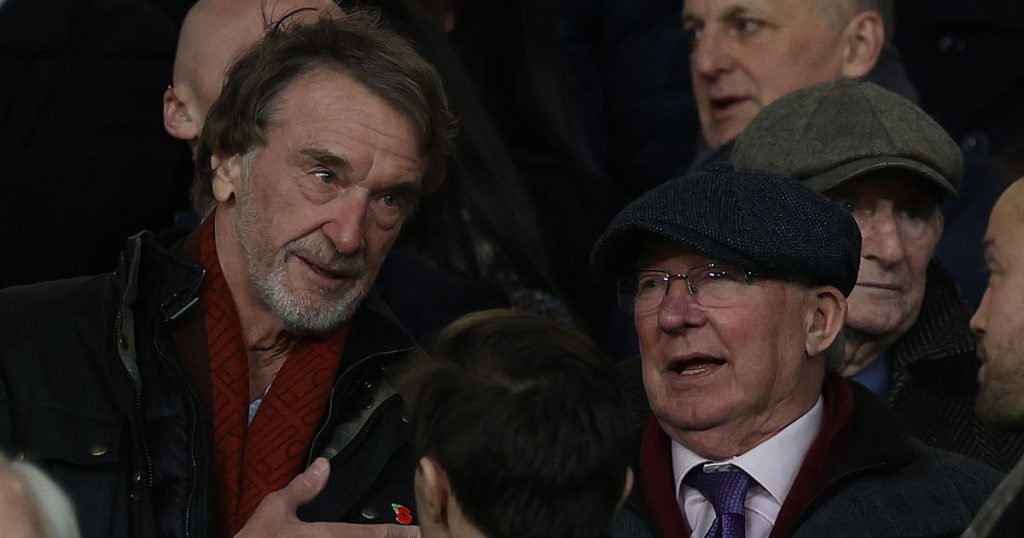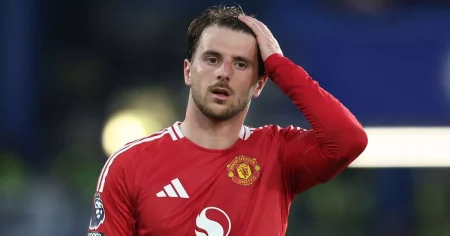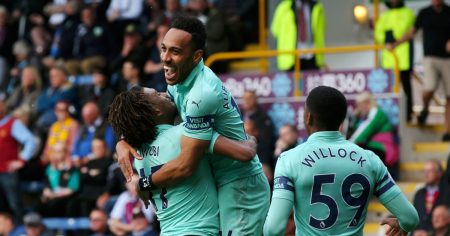Manchester United’s future under manager Erik ten Hag remains uncertain, with reports suggesting that he could face the sack at the end of the season if the club fails to qualify for the Champions League. This situation echoes Sir Alex Ferguson’s warning in 2016 about the need to give managers time, highlighting the fact that United have had five permanent managers in just over a decade since Ferguson’s retirement. Despite the pressure on ten Hag, he has remained focused on improving the team’s performance and is not bothered by speculation about his position. The club’s new co-owner, Sir Jim Ratcliffe, is reportedly considering a managerial change if results do not improve, but Ferguson’s past defense of Louis van Gaal suggests patience may be needed.
Ferguson emphasized the importance of being patient with managers, citing factors like injuries and the adaptation of new players as contributing to the team’s performance. He highlighted that Manchester United fans have historically shown patience and that periods of quiet success can pave the way for strong comebacks. This advice, shared before Van Gaal’s sacking, is relevant to ten Hag’s current situation, where injuries and the integration of young players like Alejandro Garnacho and Kobbie Mainoo have been challenges for the team. While ten Hag is facing scrutiny, he remains focused on the team’s development and improvement, echoing Ferguson’s belief in the importance of process over instant results.
As the speculation around ten Hag’s future continues, it is worth noting the club’s history of managerial changes since Ferguson’s departure. With no manager lasting longer than three years, Manchester United has struggled to find stability and success in the post-Ferguson era. The potential departure of ten Hag at the end of the season raises questions about the club’s long-term strategy and the impact of frequent managerial changes on team performance. The contrasting approaches of giving managers time to build and expecting immediate results highlight the challenges faced by modern football clubs.
The arrival of new co-owner Sir Jim Ratcliffe has added another layer of uncertainty to Manchester United’s managerial situation. Ratcliffe’s reported willingness to make changes if Champions League qualification is not achieved puts ten Hag’s future in doubt. However, the Dutch manager’s focus on improving the team’s playing style and developing young talents suggests that he is committed to the long-term vision for the club. Balancing short-term results with long-term growth remains a challenge for modern football clubs, and Manchester United’s decision regarding ten Hag will be a defining moment in their post-Ferguson era.
The ongoing speculation and debate around Erik ten Hag’s future at Manchester United underscore the complexities of modern football management. The club’s history of managerial changes, coupled with the pressure to deliver immediate results, creates a challenging environment for managers to operate in. While ten Hag remains determined to improve the team and focus on the process, external factors like ownership changes and fan expectations complicate the decision-making process for the club. Ultimately, the outcome of ten Hag’s tenure will have significant implications for Manchester United’s future direction and success in the competitive world of professional football.















